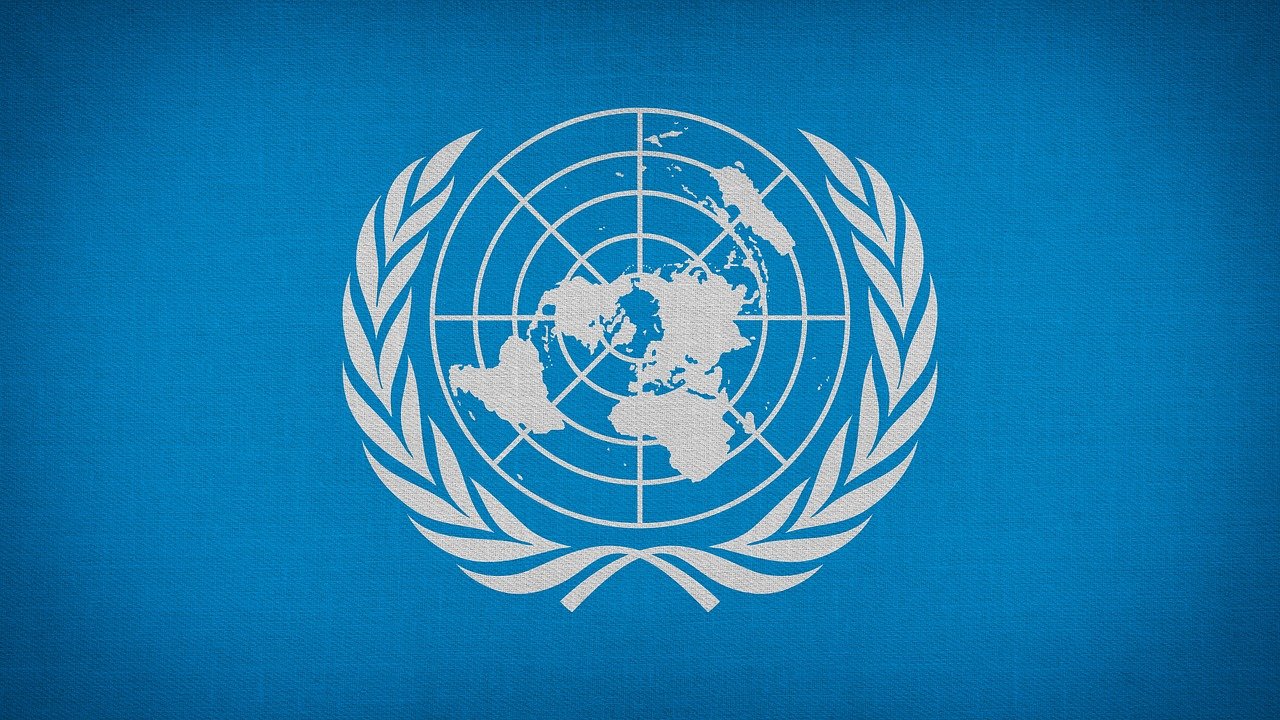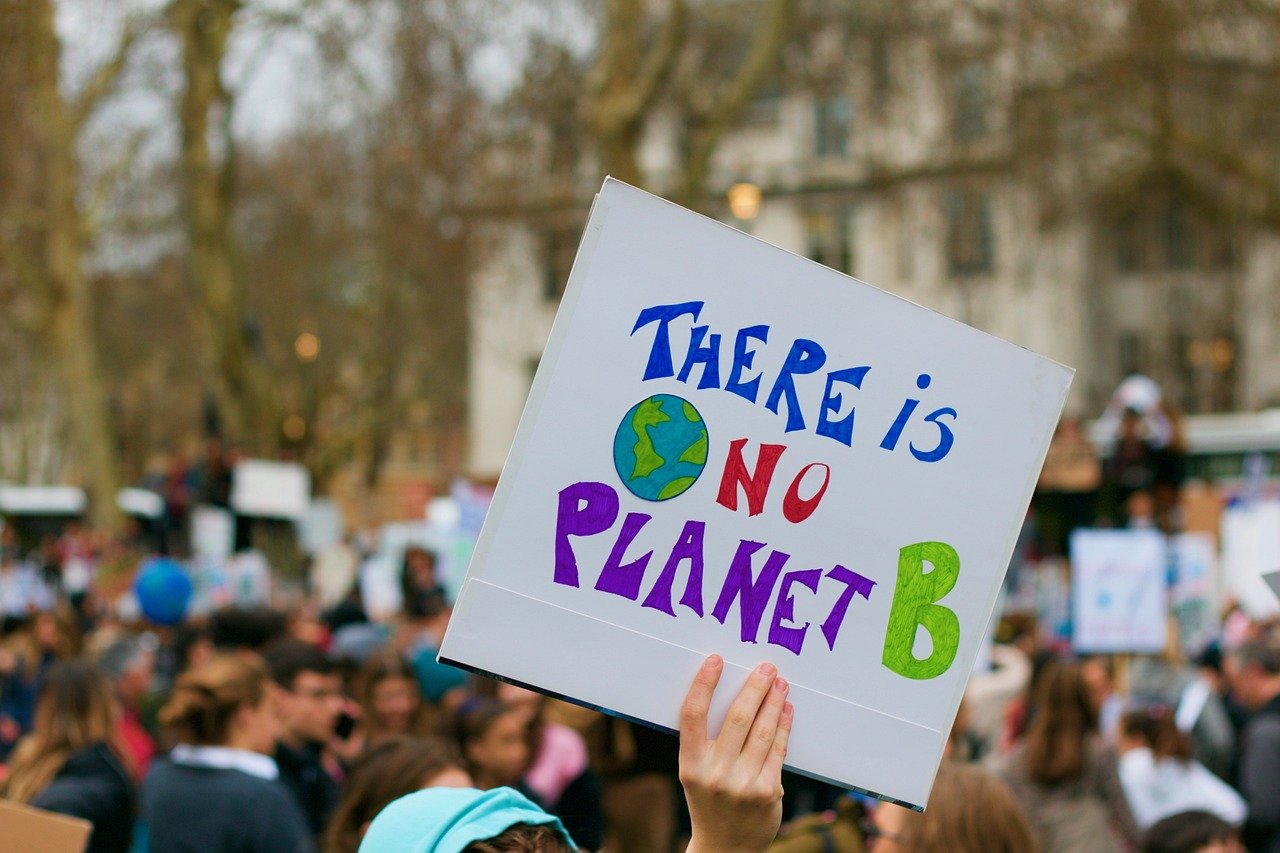Introduction
Indeed, the United Nations has played a crucial role in combating the existential threats of Climate change. It is a global crisis that knows no borders. Rising temperatures, melting ice caps, and extreme weather events threaten ecosystems, economies, and communities worldwide. Addressing this monumental challenge requires international cooperation, and no organization embodies this spirit more than the United Nations (UN). For decades, the UN has been at the forefront of global climate action, uniting nations, driving policy, and empowering communities to build a sustainable future.
But what exactly does the UN do to combat climate change? And why is its role so critical in this fight? Let’s explore how the UN is shaping the world’s response to the climate crisis—and why its work matters to all of us.
The UN’s Mission: A Unified Response to a Global Crisis
The United Nations was founded on the principle of international cooperation, and climate action is one of its most urgent priorities. Recognizing that no single country can solve climate change alone, the UN serves as a platform for collaboration, bringing together governments, scientists, businesses, and civil society to tackle this shared challenge.
Through its agencies, programs, and initiatives, the UN works to:
- Facilitate global agreements on climate action.
- Support developing countries in adapting to climate impacts.
- Promote sustainable development that balances economic growth with environmental protection.
- Raise awareness and mobilize action at all levels of society.
Key Milestones in the UN’s Climate Action Journey
The UN’s efforts to address climate change have evolved over the years, marked by significant milestones that have shaped the global response. Here are some of the most impactful:
1. The United Nations Framework Convention on Climate Change (UNFCCC)
Adopted in 1992, the UNFCCC was the first major international treaty aimed at stabilizing greenhouse gas concentrations in the atmosphere. It laid the groundwork for all future climate agreements and established the annual Conference of the Parties (COP), where world leaders meet to negotiate climate action.
2. The Kyoto Protocol (1997)
The Kyoto Protocol was the first legally binding agreement to reduce greenhouse gas emissions. While its impact was limited, it set an important precedent for international climate action and highlighted the need for stronger commitments.
3. The Paris Agreement (2015)
A landmark moment in the fight against climate change, the Paris Agreement united nearly every country in the world around a common goal: to limit global warming to well below 2°C, preferably 1.5°C, compared to pre-industrial levels. The agreement also emphasized the importance of adaptation, finance, and transparency, making it a comprehensive framework for climate action.
4. The Sustainable Development Goals (SDGs)
Adopted in 2015, the SDGs are a set of 17 global goals designed to end poverty, protect the planet, and ensure prosperity for all. Climate action is central to these goals, particularly SDG 13, which calls for urgent action to combat climate change and its impacts.
Read more: https://pacificinsight.net/politics-of-climate-finance/
How the UN Drives Climate Action Today
The UN’s role in climate action extends far beyond treaties and agreements. Through its agencies and initiatives, the organization is actively working to address the climate crisis on multiple fronts:
1. Supporting Developing Countries
Many of the countries most vulnerable to climate change are also the least equipped to respond. The UN provides financial and technical assistance to help these nations adapt to climate impacts, transition to renewable energy, and build resilience.
2. Promoting Renewable Energy
Through initiatives like Sustainable Energy for All (SEforALL), the UN is working to ensure universal access to affordable, reliable, and modern energy by 2030. This includes a strong focus on expanding renewable energy sources like solar, wind, and hydropower.
3. Advancing Climate Science
The Intergovernmental Panel on Climate Change (IPCC), established by the UN, is the leading international body for assessing climate science. Its reports provide policymakers with the evidence they need to make informed decisions.
4. Mobilizing Climate Finance
The UN plays a key role in mobilizing the billions of dollars needed to fund climate action. This includes the Green Climate Fund (GCF), which supports projects in developing countries, and efforts to align global financial systems with climate goals.
5. Empowering Communities and Youth
The UN recognizes that climate action requires the participation of everyone, from grassroots communities to young activists. Initiatives like UN Youth Climate Summits and ActNow campaigns empower individuals to take action and make their voices heard.
Challenges and Criticisms
While the UN has made significant progress, it faces challenges in its climate efforts. These include:
- Uneven Implementation: Not all countries are meeting their commitments under the Paris Agreement.
- Funding Gaps: Developing nations often lack the resources to implement climate solutions.
- Political Barriers: Geopolitical tensions can hinder international cooperation.
Despite these challenges, the UN remains a vital force for climate action, continually pushing for stronger commitments and innovative solutions.
Why the UN’s Work Matters to You
The UN’s climate efforts may seem distant, but they have a direct impact on our lives. From the air we breathe to the food we eat, the health of our planet affects us all. By supporting global cooperation, the UN ensures that no one is left behind in the fight against climate change.
Here’s how you can connect with the UN’s mission:
- Stay Informed: Follow UN climate initiatives and reports.
- Take Action: Participate in campaigns like ActNow or support local climate projects.
- Advocate: Urge your leaders to prioritize climate action and uphold international commitments.
Conclusion: A Call for Global Solidarity
The United Nations has proven that when the world comes together, we can achieve extraordinary things. From the Paris Agreement to the Sustainable Development Goals, the UN’s climate action efforts are a testament to the power of international cooperation.
But the fight is far from over. As individuals, communities, and nations, we all have a role to play in supporting the UN’s mission and building a sustainable future. Together, we can turn the tide on climate change and create a world where people and the planet thrive.


